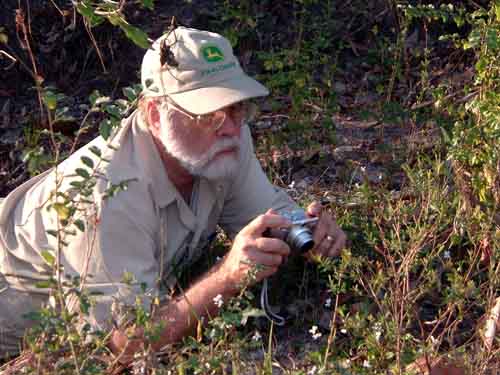Lafayette CBC; Idiom
Anybody know how the phrase “Lead pipe cinch” got started? I (and a friend or two) have gathered together a collection of 900 idioms like this and for many of them I have no explanation as to their origin. Books written on this topic often just tell you what the meaning of the phrase is in current usage, but not where it came from. Let me know if you know, and your source if there is one.
The river is at 2.9 BLR today, and rising slowly. The Ohio is falling, so there isn’t much hope for water in the near future. Still almost no current, and when there is no current I can’t run the trotline. Reason? Because an east wind will push you upriver and replace the line in front of logs, etc., on the bottom. A current, on the other hand, will keep you stretched downstream where you have to be to keep the line in the right place. An east wind is pretty common when it’s as warm as it is now. Glad I don’t need the fish right now.
Rise and shine, Jim


0 Comments:
Post a Comment
<< Home